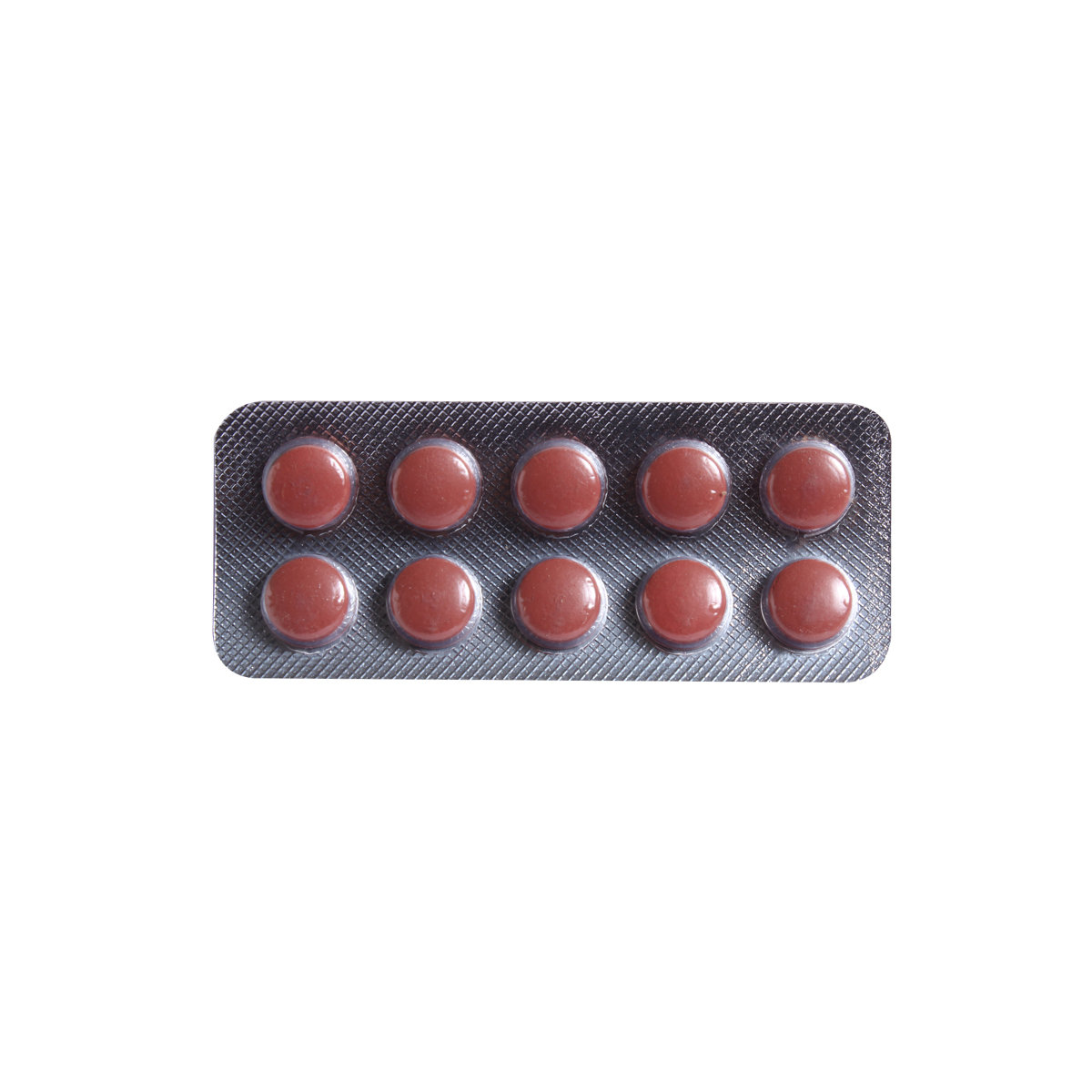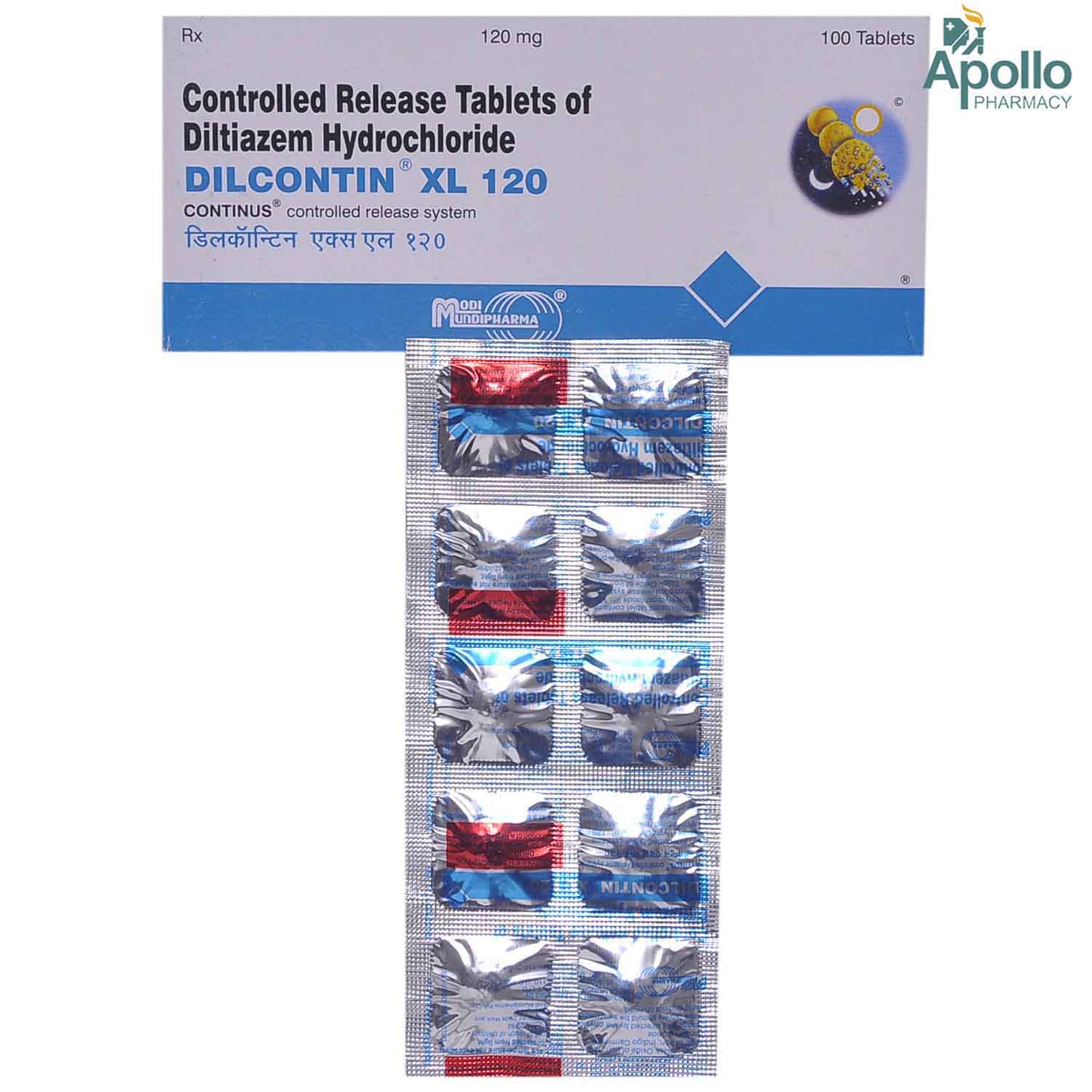- Home
- Q-DIL 120MG TABLET
Q-DIL 120MG TABLET Substitute
Q-DIL 120MG TABLET Substitute
Medicine Composition:
DILTIAZEM-120MGAll Substitutes & Brand Comparisons
RX
Out of StockLine SR Tablet
₹48
(₹4.32 per unit)
11% CHEAPERRX
Out of StockIonozem CD 120mg Tablet
Pfizer Ltd
₹57.42
(₹5.17 per unit)
6% COSTLIERRX
Out of StockMASDIL BD 120MG TABLET
Lupin Ltd
₹64.42
(₹5.8 per unit)
19% COSTLIERRX
Out of StockDilzem SR 120 mg Tablet 10's
Torrent Pharmaceuticals Ltd
₹104.1
(₹9.37 per unit)
92% COSTLIERRX
Channel SR 120 Tablet 10's
Micro Labs Ltd
₹129
(₹11.61 per unit)
138% COSTLIERRX
Out of StockDiltrex 120 mg SR Tablet 10's
Solveig Life Sciences Pvt Ltd
₹118
(₹11.8 per unit)
142% COSTLIERRX
Out of StockDilgistar 120mg Tablet SR
₹145
(₹13.05 per unit)
168% COSTLIERRX
Dilcontin XL 120 Tablet 10's
Modi Mundipharma Pvt Ltd
₹308
(₹27.72 per unit)
470% COSTLIER

When Should You Consider Switching from Q-DIL 120MG TABLET?
Patients may explore substitutes in the following scenarios:
- High monthly cost of Q-DIL 120MG TABLET
- Non-availability in local pharmacies
- Generic recommendation by a doctor
- Side effects or better tolerability with alternatives
What to Know Before Switching
Before you switch from Q-DIL 120MG TABLET to another medicine, here are some important points to keep in mind:
Same salt, different brands:
Most substitutes contain the same active ingredient - DILTIAZEM-120MG, but the fillers, coating, or manufacturing quality may vary slightly.
Consult your doctor first:
Even if the salt is the same, your doctor can confirm if the substitute is right for your condition, dosage, and health history.
Watch out for allergies or reactions:
Some people may react differently to certain brands due to inactive ingredients. If you notice any side effects, inform your doctor immediately.
Price ≠ effectiveness:
A lower-priced substitute doesn't mean it's less effective. Many generic medicines work just as well as branded ones.
Check the dosage form and strength:
Always match the substitute’s strength (e.g., 5mg, 10mg) and form (tablet, capsule, syrup) with what your doctor prescribed.
Uses
Medicinal Benefits
Q-DIL 120MG TABLET belongs to the group of anti-hypertensive medicines called calcium channel blockers used to treat mild to moderate hypertension (high blood pressure). It is also indicated in the management of chronic stable angina and angina due to coronary artery spasms. Q-DIL 120MG TABLET works by inhibiting the movement of calcium ions across the heart muscle and smooth muscle linings of the blood vessels, thereby relaxing and widening the narrowed blood vessels making it easier for the blood and oxygen to reach the heart. This, in turn, helps in lowering the blood pressure and the risk of having a heart attack or stroke. Q-DIL 120MG TABLET eases anginal chest pain by preventing the narrowing of blood vessels and dilating the coronary arteries.
FAQs
The substitutes of Q-DIL 120MG TABLET contain the same active salt(s) - DILTIAZEM-120MG. However, they may differ in price, manufacturing quality, and inactive ingredients. Speak to your doctor to find a suitable option.
Switching to a generic substitute medicine in the place of Q-DIL 120MG TABLET is often possible if it has the same salt, strength, and dosage form. But always check with your doctor before making any changes to your medication.
Generics versions of Q-DIL 120MG TABLET are typically more affordable because they don’t include the original brand's research, development, and marketing costs. They contain the same active ingredient and are approved for safety and effectiveness.
Most people don’t notice any difference. However, some may react to different fillers or coatings. If you notice any unusual symptoms after switching, consult your doctor.
Make sure the new medicine has the same active salt, strength, dosage form. Always confirm the change with your doctor or pharmacist.
Substitutes of Q-DIL 120MG TABLET meet the same safety and efficacy standards as Q-DIL 120MG TABLET, but small differences in absorption or formulation can exist. A doctor can help you choose the right one for your needs.
Yes. Substitutes of Q-DIL 120MG TABLET may vary in color, size, or shape due to differences in manufacturing and branding, but this does not affect how they work.
Yes, it’s generally safe to switch between multiple substitutes of Q-DIL 120MG TABLET if they have the same salt and strength. However, always inform your doctor so they can monitor how your body responds.
Yes, many people safely use substitutes of Q-DIL 120MG TABLET for long-term treatment. Just ensure it’s done under medical supervision.
If your symptoms stay under control or lab results remain stable, the substitute for Q-DIL 120MG TABLET is likely working well. Regular follow-ups with your doctor are important.
Absolutely. Even with the same salt, small differences can affect how your body responds when switching from Q-DIL 120MG TABLET to its substitute. Always consult your doctor before switching.





